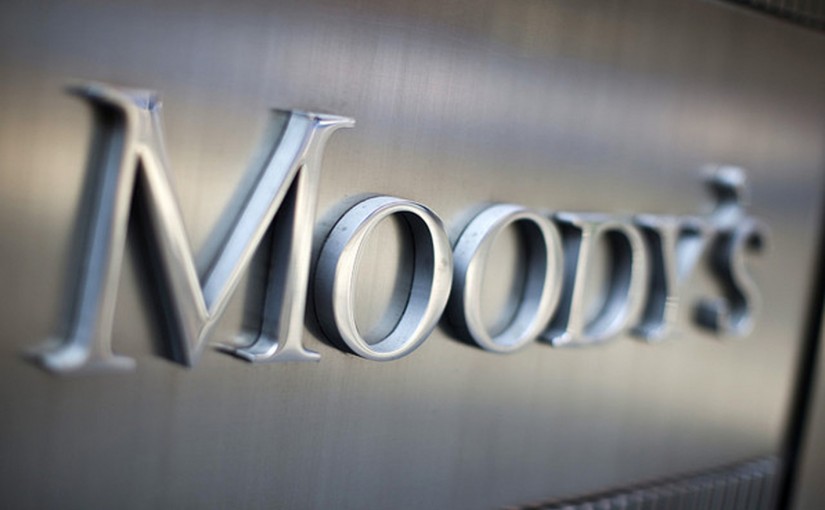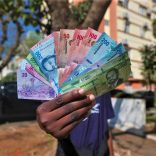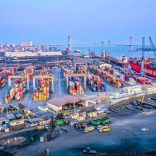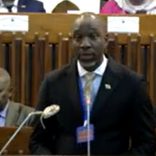Mozambique: 2027 population census to cost $110M, 36M people expected - INE
Mozambique will be in default when loans are restructured – Moody’s

File photo
Financial rating agency Moody’s warned yesterday that it will downgrade Mozambique to `default` when the renegotiation of Mozambique Asset Management (MAM) loan is finished because it will result in less favourable terms for creditors.
“If and when the MAM loan restructuring is agreed, and this leads to losses to the lender compared with the original terms, or if the negotiations end in a deadlock and the government considers options to avoid repaying the loan, this will constitute default of the debt guaranteed by the government, as defined by Moody’s,” the analysis reads.
In a note accompanying the further lowering of Mozambique’s rating at the end of last week, analysts add that the same should happen if another public company, Proindicus, failed to start repaying, in April next year, its US$600 million loan.
“Since there is no sign of the company generating sufficient funds to service the debt by then, the restructuring of the loan – or some other means of avoid repayment – before or after the deadline, is likely.”
The nine-page document portrays Mozambique’s financial situation in very bleak tones, estimating that “this year, aid received by the government in the form of budget support or funding for government projects will be about two percentage points of GDP lower than initially estimated”.
Moody’s points out that the money the Mozambique government saved by not paying interest of approximately US$40 million on the MAM loan in May was wiped out immediately by the suspension of foreign aid, which last year amounted to almost 10 percent of GDP.
Explaining the Negative Outlook posted on top of the country’s rating last Friday evening falling from Caa1 to Caa3, Moody’s says that the “outlook reflects the perspective of the risks of litigation that may result during the problematic debt repayment period with the spreading of financial default risk to other types of debt”.
With international investors demanding interest rates of nearly 20 percent, on a par with Venezuela, “one of [Mozambique’s] options is to raise loans locally, but the ability of the government to do this is limited by the weak development of domestic markets, and even that does not solve the problem of external imbalances,” Moody’s says.
“The latest data show that foreign currency reserves fell from US$3.2 billion in August 2014 to US$2 billion in April,” and even this sharp decline “does not reflect the negative impact of the suspension of international aid, which began in May,” the report warns.
The nine-page document contains only one paragraph that can be seen as a positive assessment of Mozambique’s economic and financial situation – one which reports progress in one of the two major liquid natural gas projects, but nonetheless, the report concludes, “although this is an important step, no final investment decision has been made”.













Leave a Reply
Be the First to Comment!
You must be logged in to post a comment.
You must be logged in to post a comment.